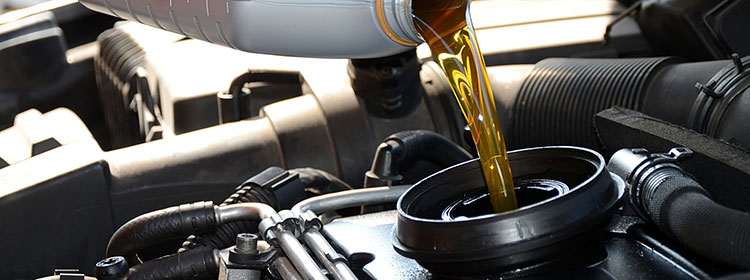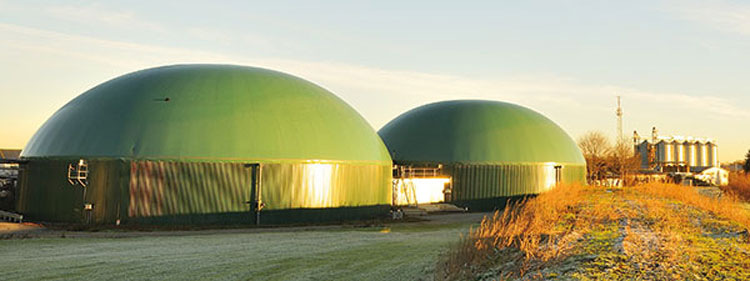Seminar starts on the first day at 1.00 pm
Whether cars or lorries – our vehicles are becoming ever more powerful, efficient and environmentally friendly. At the same time, complexity is also increasing due to cross-assembly control and automation. Higher power densities with reduced consumption require constantly evolving materials and manufacturing processes. This does not stop at the operating materials used. Oils and fuels, as well as radiator antifreeze, have developed from universal to speciality products that are specifically tailored to individual applications. Like mechanical components, lubricants and operating fluids are now also regarded as an important design element – but are not always treated as such.
In this seminar you will learn …
- how to choose the right oil or fuel for your vehicle
- How to monitor oils and radiator antifreeze effectively
- what influence fuel type and fuel quality have on your engine service life
- how to take meaningful operating fluid samples
- how to recognise unusual wear and malfunctions at an early stage
- how you can assess analysis results from the laboratory
- how you can determine the causes of damage after failures
- how to define warning values for assessing damage in the drivetrain and coolant circuit
Target Group
- Engineers and technicians from the development and design departments of vehicle manufacturers and OEMs
- Specialists from workshops, engine repair and service companies
- Distribution engineers and sales people of mineral oil companies and their trading partners
- Motor vehicle experts
- Technically interested employees and private individuals who would like to expand their knowledge of lubrication technology and tribology








